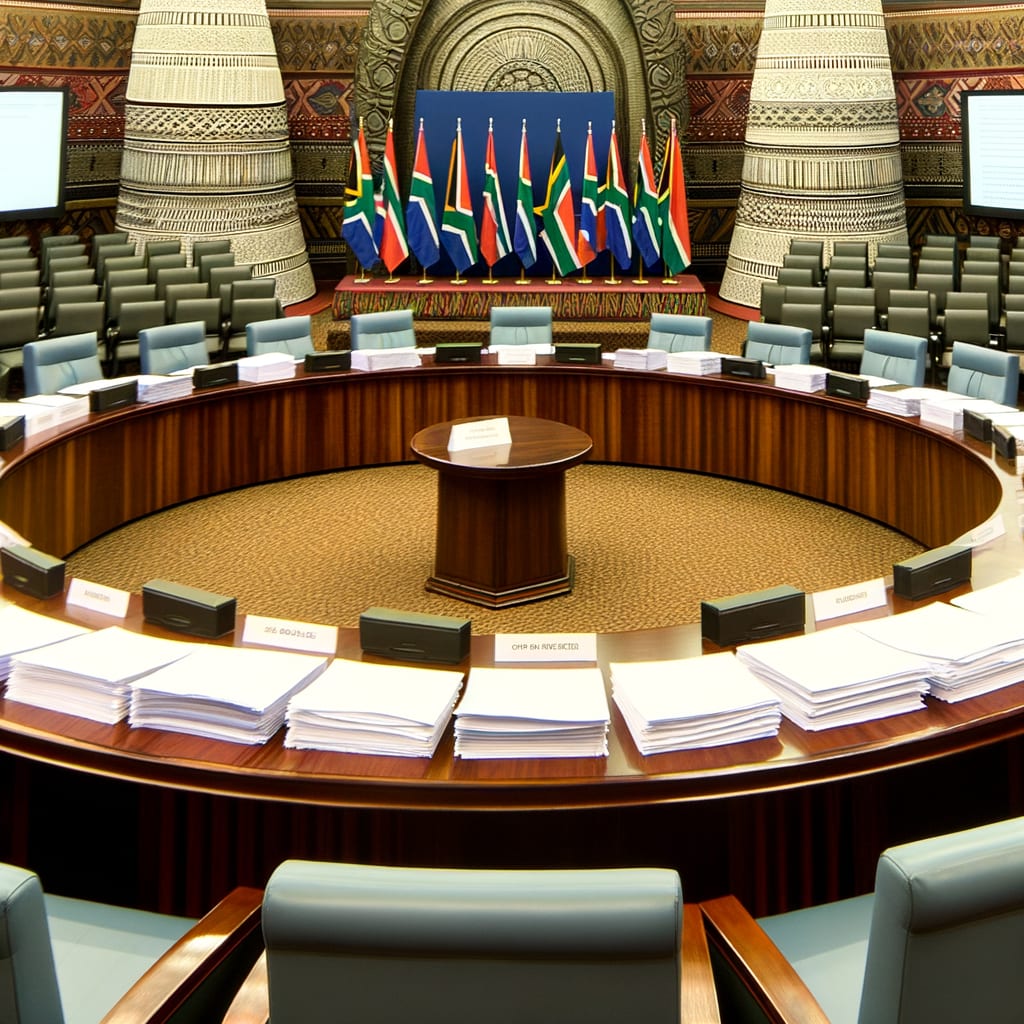G20 Summit in South Africa: A Triumph of Multilateralism Amid US Boycott
The G20 summit, hosted in South Africa for the first time, concluded with a strong commitment to multilateral cooperation, despite the notable absence of the United States. The G20 member nations adopted a joint declaration addressing climate change, renewable energy, and debt relief, while South African President Cyril Ramaphosa hailed the summit as a victory for multilateralism.
A Historic First for Africa Amid US Boycott
The G20 summit, held in Johannesburg, marked the first time the event took place on African soil. All member nations, except the United States, participated in the summit. The US administration boycotted the event, citing alleged human rights abuses in South Africa, a claim that has been widely discredited12.
The G20 Declaration and South Africa's Priorities
Despite the US boycott, the summit successfully adopted a joint declaration, a move unusual for the start of the G203. The declaration stressed the seriousness of climate change and the need for better adaptation, language that has been previously opposed by the U.S4.
South Africa, the host country, focused its agenda on climate change, its impact on developing countries, and the reduction of debt burdens5. These priorities met resistance from the United States6.
Reactions and Implications
The US boycott led to a diplomatic spat between Pretoria and Washington, with South Africa refusing to allow a US embassy delegation to take part in the summit’s closing ceremony2. Despite the tensions, President Ramaphosa emphasized that the G20 was not about the US but all member nations7.
Leaders from other nations also stepped in to fill the void left by the United States. Chancellor Friedrich Merz of Germany promoted multilateralism at the summit, which stands in contrast to the positions of the US, China, and Russia, whose leaders did not attend3.
G20's Future and South Africa's Role
Despite the success of the summit, there were questions about the future relevance of the G205. French President Emmanuel Macron speculated whether the G20 was reaching the end of a cycle8.
However, South Africa has highlighted the importance of using the momentum from the G20 to continue advocating for issues such as the debt crisis9. As the African Union became a member of the G20 during India's presidency in 20236, the continent's representation in the forum is expected to push these matters forward.

